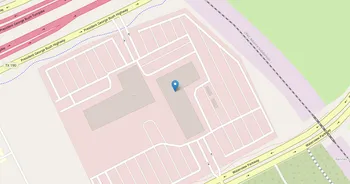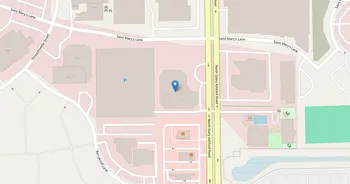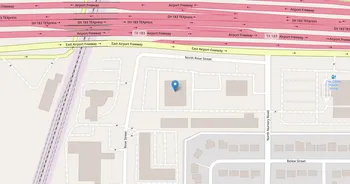College of Biomedical Equipment Technology (CBET) : Overview, Courses, Scholarships & Rankings
About College of Biomedical Equipment Technology
Hospitals run on technology, and the College of Biomedical Equipment Technology is known for preparing the people who keep that technology safe and ready. Academic life leans into applied learning, with lab spaces that mirror clinical settings and a steady focus on troubleshooting, standards, and patient safety. The campus feels close-knit and purposeful. Students find practical resources like open labs, approachable faculty, tutoring, and career coaching, along with quiet spots to study between classes.
Student life tends to gather around projects, study groups, and speaker visits from regional healthcare employers. And when it's time to unwind, Schertz offers parks and coffee houses, with San Antonio close by for concerts, food, and river walks. The culture skews collaborative and no-drama, more toolbox than spotlight. Career prep has a strong reputation, from resume help to introductions that can lead to internships or entry-level roles. What sets the place apart is its clear mission: reliable gear means safer care, every single day.
Key Institutional Details
Contact & Profile
Academic & Institutional
Academic Programs & Fields of Study
College of Biomedical Equipment Technology (CBET) offers 2 degree programs across 2 major academic fields, graduating approximately 202 students annually. The most popular fields by graduate volume are Eng. Technologies (1 programs, 198 graduates) and Business (1 programs, 4 graduates). Explore program details, award levels, and graduate demographics below.
Eng. Technologies (1 programs, 198 graduates)
Applied Engineering Technologies and Technical Support
| Program Name | Graduates | Gender Distribution | Award Levels | CIP Code |
|---|---|---|---|---|
| Biomedical Technology | 198 |
|
Certificate (1-2 yrs)
Associate's
|
15.0401 |
Business (1 programs, 4 graduates)
Business Administration, Marketing and Entrepreneurship
| Program Name | Graduates | Gender Distribution | Award Levels | CIP Code |
|---|---|---|---|---|
| Information Resources Management | 4 |
|
Certificate (1-2 yrs)
Associate's
|
52.1206 |
Tuition, Fees & Estimated Costs
Overview of tuition rates, housing, and other annual education expenses for undergraduate and graduate students
Financial Aid & Student Support
Summary of scholarships, grants, student loans, and financial aid statistics for undergraduate students
Student Success Metrics
Graduation rates and post-graduation earnings to help assess student outcomes and long-term value of education.
Loan Burden & Repayment Outcomes
Breakdown of loan repayment rates and student debt levels by income and dependency status.
Frequently Asked Questions
Find answers to the most common questions about College of Biomedical Equipment Technology (CBET)
How much does it cost to attend College of Biomedical Equipment Technology (CBET)?
The annual tuition at College of Biomedical Equipment Technology (CBET) is $1,500 for in-state students. When including room and board, books, and other expenses, the total estimated cost is approximately $1,500 for in-state students. Additional costs include room and board $2,001 (off-campus) .
Data based on IPEDS program completions for 2022-2023 academic year. Tuition and cost estimates are approximate and may not include all fees, personal expenses, or transportation costs.
What academic programs and degree levels does College of Biomedical Equipment Technology offer?
College of Biomedical Equipment Technology (CBET) offers 2 academic programs across 2 major fields of study, with available degree levels: Certificate (1-2 yrs), Associate's.
Most popular program areas include:
- Applied Engineering Technologies and Technical Support (1 programs)
- Business Administration, Marketing and Entrepreneurship (1 programs)
Data based on IPEDS program completions for 2023-2024 academic year. Numbers reflect programs where students graduated, not all offered programs.
Related Universities




Found something useful? Help others discover it too! Share with friends, on social media, or save for later - every share helps someone find the information they need.